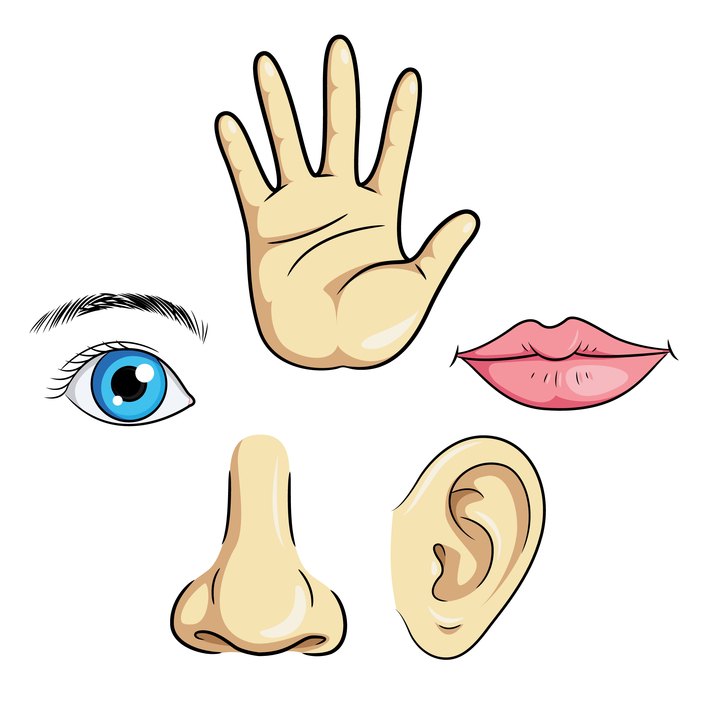Our bodies take in information from the world around us through our sensory systems. As this information comes in, our brain filters and processes it for use. This process, called “sensory processing”, all happens automatically and simultaneously without us realizing that it. When all of these systems work correctly, we are able to perform our daily activities smoothly and without a problem. When these systems don’t work as well as they should a person may be disorganized, clumsy, have attention difficulties, and become over responsive or under responsive. Individuals with this issue might just have trouble functioning day to day as well as they should.
When all of these systems work correctly, we are able to perform our daily activities smoothly and without a problem. When these systems don’t work as well as they should a person may be disorganized, clumsy, have attention difficulties, and become over responsive or under responsive. Individuals with this issue might just have trouble functioning day to day as well as they should.
This is called Sensory Processing Disorder (SPD).
Sensory Processing Disorder can be seen in typically developing children and adults at an estimated rate of 15%. But individuals with autism and Aspergers are far more likely to be affected. It is estimated that 80% of children with ASD have sensory processing difficulties.
Some signs of SPD include:
- Oversensitive to touch, sound, smell, lights and other visual input
- Distractibility
- Clumsiness
- Decreased play skills
- Resistance to being touched by others
- Picky about clothing textures and tags
- Toe walking and/or hand flapping
- Picky eating
If you would like to learn more about SPD, visit the SPD Foundation website. If you know your child has sensory issues, you can also find a SIPT Certified Therapists in your area.
Do you see some of these sign in your child? How do you handle the difficulties that arise from them?
By Gayla A. Aguilar, OTR, OTD
Sources
Ayres, A. J. (1972). Sensory integration and learning disorders. Los Angeles: Western Psychological Services
Tomchek, S.D., Dunn, W. (2007). Sensory processing in children with and without autism: A comparative study using the Short Sensory Profile. American Journal of Occupational Therapy, 61, 190-200
A graduate of Abilene Christian University, Jennifer had a long career in TV Broadcasting. Upon learning her oldest son Sam had a form of Autism called Asperger’s Syndrome, she left her career and became a full-time mother to both of her sons. Jennifer elicited the participation of her family and together they produced several independent programs including a children’s animated series titled Ameriquest Kids, as well as a documentary and book titled, Coping to Excelling: Solutions for School-age Children Diagnosed with High-Functioning Autism or Aspergers Syndrome. She formed the nonprofit Asperger101 to provide on-going free resources related to ASD at Aspergers101.com and has implemented the Texas Driving with Disability Program and continues to grow the statewide initiative today. She and her husband have recently retired to their property in the Texas Hill Country.


I am a therapist trying to learn more about ASD, Aspbergers, and SPD. I have a 22 y/o client who is a genius in music and anything he studies. He has many quirks such as wearing a hat all of the time. he has mini seizures when lights flicker or certain noises occur. He has experienced typical and atypical. Can you direct me to more information about adults with these disorders?
Thanks
Steve N
I am known to be a picky eater, and have a very limited set of foods. This is what led me to suspect I have aspergers. It gets very annoying when people tell me I need to get into shape and stop eating junk food. They just don’t get that the “junk food” has a tolerable texture.
Great article and very informative. I’d like to share this with my client families that I recommend for OT services.
I’ve enjoyed several of your articles found on aspergers101.com. Would love to connect with you on Linkedin: https://www.linkedin.com/in/tawnimiller2180